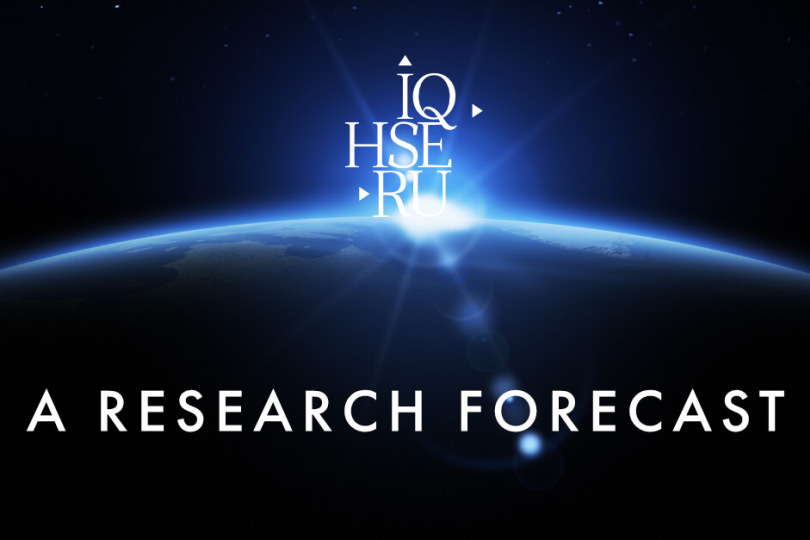-%D0%BF%D0%B5%D0%BF%D1%82%D0%B8%D0%B4%D1%8B.jpg)
Computer Modelling Used to Create New Generation Medicines
Structure and Dynamics of α-hairpinin Peptide Tk-hefu2 in Water: Computer Simulations, an article in which HSE researchers make discoveries relevant to a variety of fields, including mathematics, information science, physics, and biology, opens up new opportunities for medicines to arise that regulate the function of potassium channels that ensure the vital functioning of human cells.

HSE Researchers Compare Performance in Mathematics for Children Starting School in Russia, Scotland and England
Researchers from the HSE Institute of Education have adapted and begun using an assessment tool for comparing the knowledge and skills of children starting school. Their first results were obtained from a sample of children starting school in Russia and the UK.

Scientists Reveal Relationship between Perfectionism and Insomnia
For perfectionists, sleep quality is often far from perfect. However, perfectionism per se seems to be just part of the story; another important factor is a perfectionists' tendency to experience frequent symptoms of anxiety, sometimes for relatively minor reasons. These are the findings made by a team of Russian and UK sleep researchers, published in the January 2017 issue of Personality and Individual Differences journal.
Mandelstam Centre: 2016 Results
2016 marked 125 years since the birth of Osip Mandelstam. Pavel Polian (Nerler), Director of the Mandelstam Centre, summarized the results of its years’ work

New International Laboratories Opening up at HSE
On December 23, 2016, the HSE Academic Council approved the creation of four new laboratories: the International Laboratory for the Study of Russian and European Intellectual Dialogue, the International Laboratory for Population and Health Studies, the International Laboratory of Deep Learning and Bayesian Methods, and the International Laboratory for Supercomputer Atomistic Modelling and Multi-scale Analysis.
Eight Most Unexpected HSE Research Findings of the Year
Sometimes the researchers’ findings might seem unusual. IQ.hse.ru publishes a compilation of the most unexpected results of the research carried out by HSE faculty or presented at HSE conferences in 2016.

What to Expect in 2017
On the eve of New Year’s, it is customary to take a look into the near future. We asked HSE experts in various fields to share their forecasts on which areas of research might be the most interesting and promising in 2017. They tell us about what discoveries and breakthroughs await us in 2017, as well as how this could even change our lives.
HSE Vysokovsky Graduate School of Urbanism Publishes New Journal
The new academic journal is entitled ‘Urban Studies and Practices’. The first issue came out this September. Now a call for papers for special issue on Migrants and the City has been announced. The deadline for submissions is January 31, 2017.
-%D1%81%D1%82%D1%83%D0%B4%D0%B5%D0%BD%D1%82%20%D0%BD%D0%B0%20%D0%BF%D0%BE%D0%BB%D1%83%20%D0%B7%D0%B0%D0%BA%D1%80%D1%8B%D0%B2%D0%B0%D0%B5%D1%82%D1%81%D1%8F%20%D0%BA%D0%BD%D0%B8%D0%B3%D0%BE%D0%B9.jpg)
How to Avoid Study Burnout
During the first year of studies, students already often feel disappointed and exhausted. Such burnout in freshman students can be caused by many reasons, such as an abundance of tasks, new classmates, the ‘wrong’ subjects, and even comments left by classmates on social media. Not everyone can manage their reactions to these situations.
-%D1%81%D0%BE%D0%BD-%D0%BF%D1%8F%D1%82%D0%BA%D0%B8.jpg)
HSE Researchers Uncover Why Morning People Should Not Work at Night
It has been known for a long time that early risers work less efficiently at night than night owls do. But researchers from the Higher School of Economics and Oxford University have uncovered new and distinctive features between the night activities of these two types of individuals. At night, early risers demonstrate a quicker reaction time when solving unusual attention-related tasks than night owls, but these early risers make more mistakes along the way.


Submissions are open until October 13